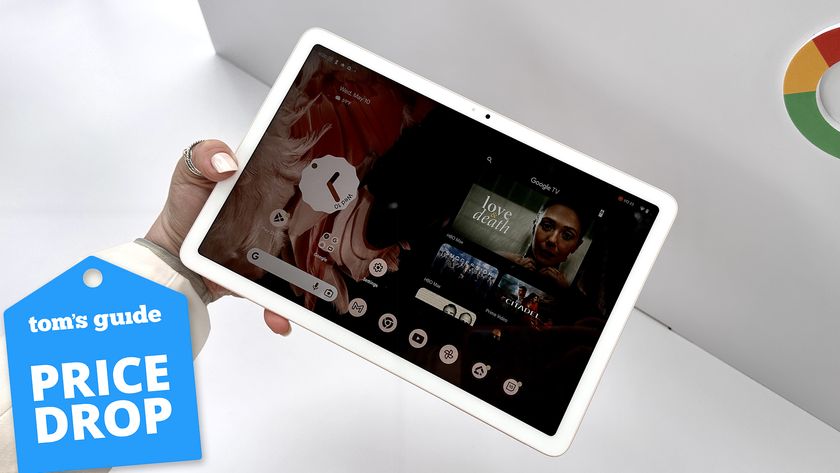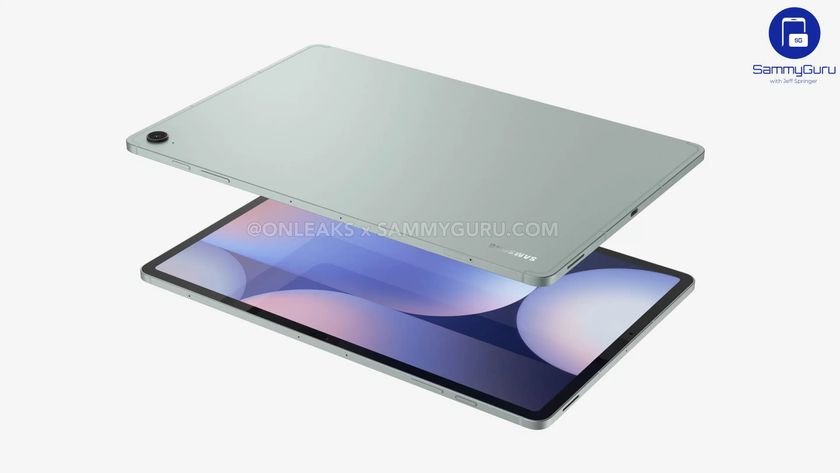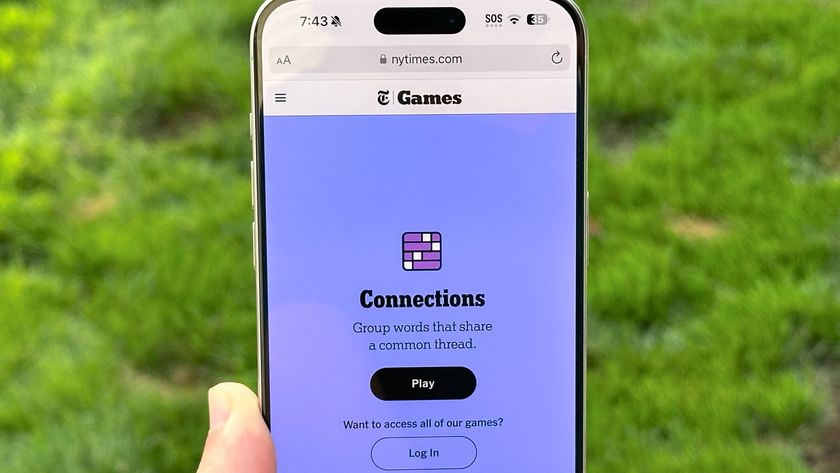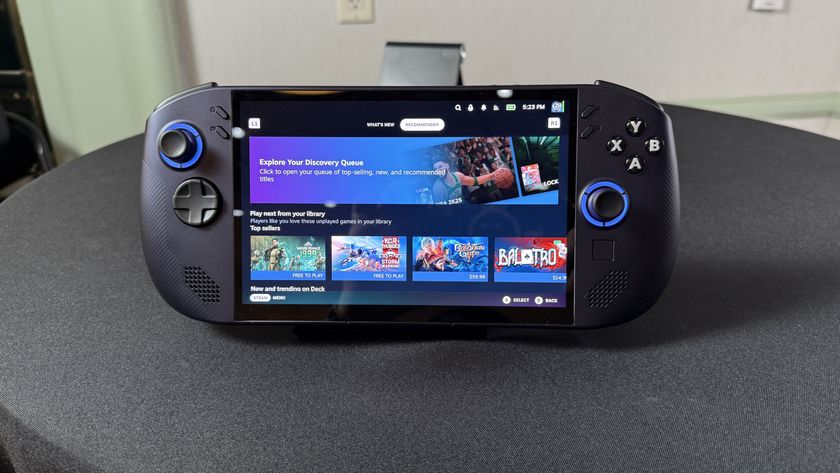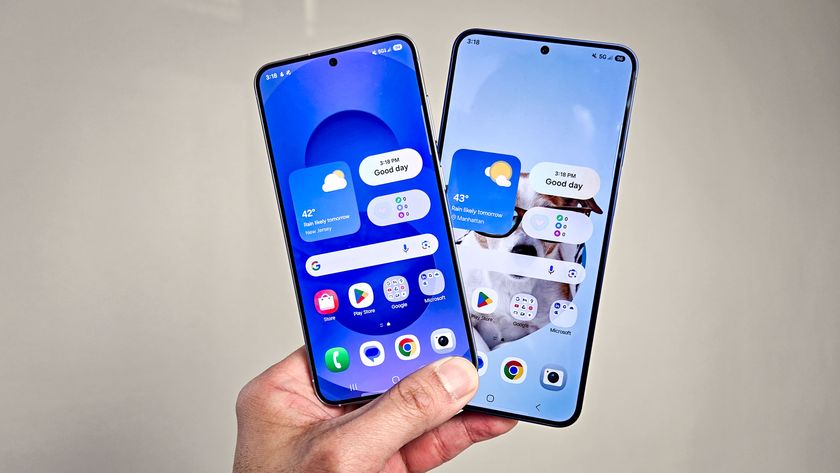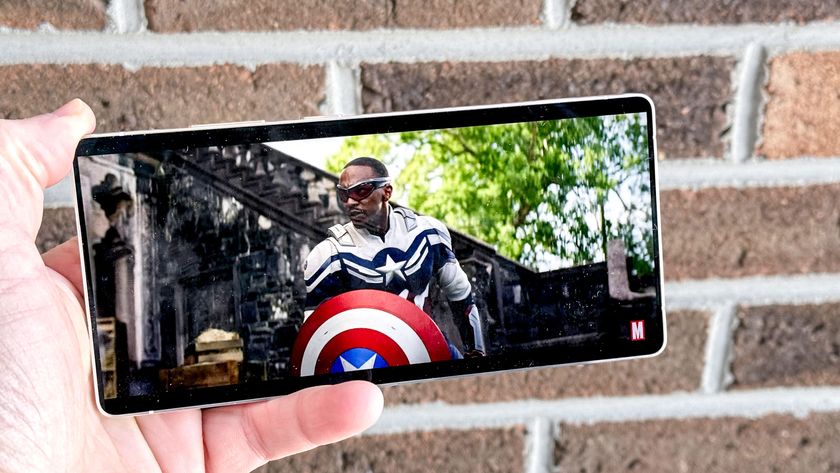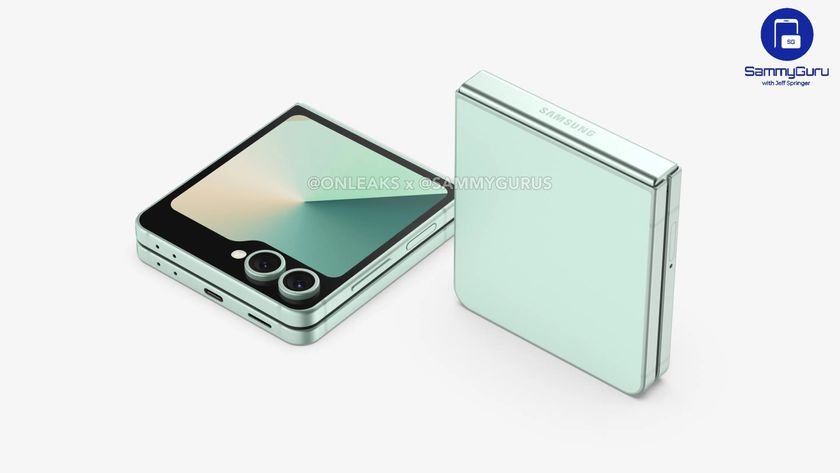Honeycomb Demoed on Tablet; Coming 2011
Google continues to refine Android.

Monday during the D: Dive Into Mobile conference, Google's Andy Rubin surprised the audience with a tasty protoype tablet provided by Motorola sporting Android 3.0 aka Honeycomb. Rubin said that the OS is slated for a 2011 release and will support tablets rather than smartphones.
The reveal coincides previous insider talk indicating that Android 2.3 Gingerbread was geared for smartphones while Android 3.0 Honeycomb was specifically designed for larger tablet devices. It also backs up reports that many tablet manufacturers are waiting on Honeycomb's release before bringing their products to the market.
As briefly seen during the presentation, Honeycomb provides a more desktop-like experience, removing the typical Android buttons and offering a sharp, highly customized presentation. As for the hardware performing in the background, very litle is known about the Motorola protoype other than its use of a Nvidia dual-core 3D processor (Tegra 2?) and video chat capabilities. The size of the screen seems to be 7-inches at least, possibly ten.
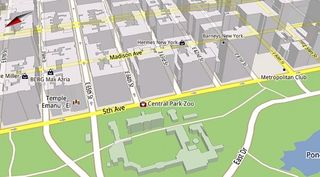
Unfortunately, what really stole the presentation was a vector-based Google Maps 5.0-- the next version expected to hit smartphones within days. Without getting into the tablet details, Rubin quickly jumped in and showed that users can zoom in on a city block like normal, however the app begins to render the buildings rather than pull up satellite images.
While we're curious to see how this will work on smartphones, the Nvidia processor began to generate shadows as Rubin moved the camera in closer to the ground. At one point, he panned up and the buildings sprouted almost as if he opened up a pop-up book. He could also move about the city skyline without having to wait for the app to load the next "zone," basically allowing a free-roaming experience. Heck, Google Maps 5.0 begs for 3D hardware support.
According to Google, the following current devices will handle most if not all the features provided in the new Google Maps including Galaxy S, DROID, DROID X, DROID 2, DROID Incredible, Evo, Nexus S and G2. And because the app is vector-based, Google Maps 5.0 will require less storage space than caching all those satellite images. The app will supposedly only cache locations that users visit most often, and can even be rerouted to Navigation when there's no connection.
As previously stated, expect the app to arrive within days.
Sign up to get the BEST of Tom's Guide direct to your inbox.
Get instant access to breaking news, the hottest reviews, great deals and helpful tips.
Kevin started taking PCs apart in the 90s when Quake was on the way and his PC lacked the required components. Since then, he’s loved all things PC-related and cool gadgets ranging from the New Nintendo 3DS to Android tablets. He is currently a contributor at Digital Trends, writing about everything from computers to how-to content on Windows and Macs to reviews of the latest laptops from HP, Dell, Lenovo, and more.
-
toallthehaters tom's with all of these bots running around, I was curious, are you working on this?Reply -
tsnorquist @toallthehatersReply
I really hope so. I feel like I'm a "picker" going through a trash heap for any good forum posts. -
motamedn It would be great if Google maps offered you the option to download cities for offline use. These bells and whistles are nice-but they're just that. Being able to use the maps without an active connection though, that would be a feature!Reply -
Google Maps 5 looks like yuck. I prefer satelite because, well, that's what it really looks like. Not some weird 3D effects.Reply
-
bluekoala SillyAmericanGoogle Maps 5 looks like yuck. I prefer satelite because, well, that's what it really looks like. Not some weird 3D effects.Reply
Silly American, both modes offer different perspective for exactly that: That's what it actually looks like!
One has bird eye view and flat, the other has buildings and 3d landscape.
Both to better show you where you are and what you're looking at. -
eddieroolz I'm simply glad that Nvidia has a way to promote its Tegra 2 hardware. Haven't seen much of Tegra at all, so it's a nice change.Reply
